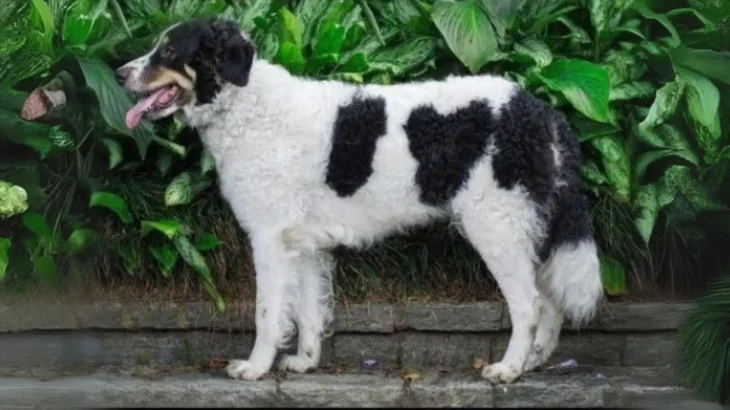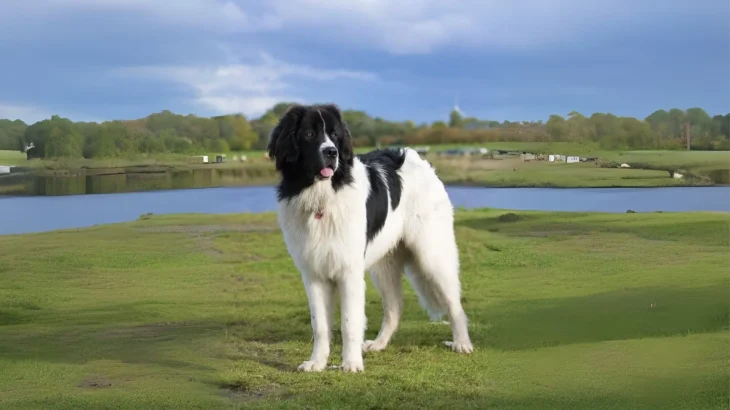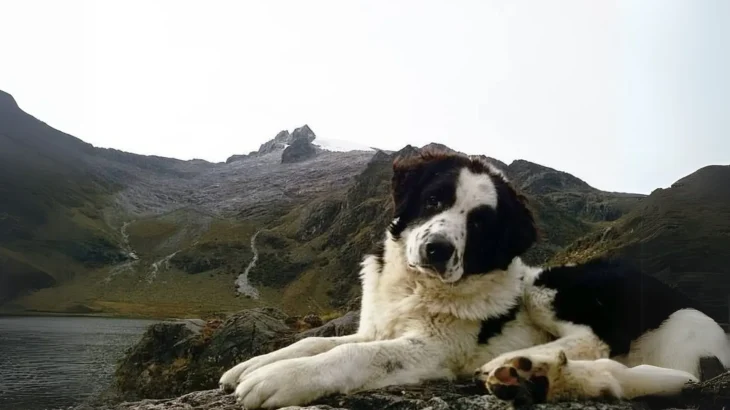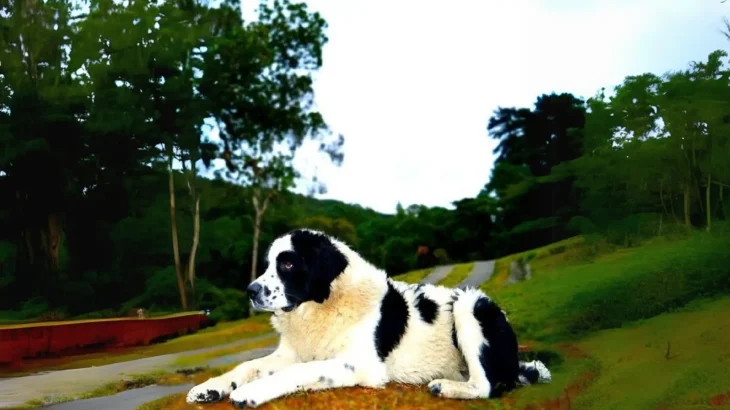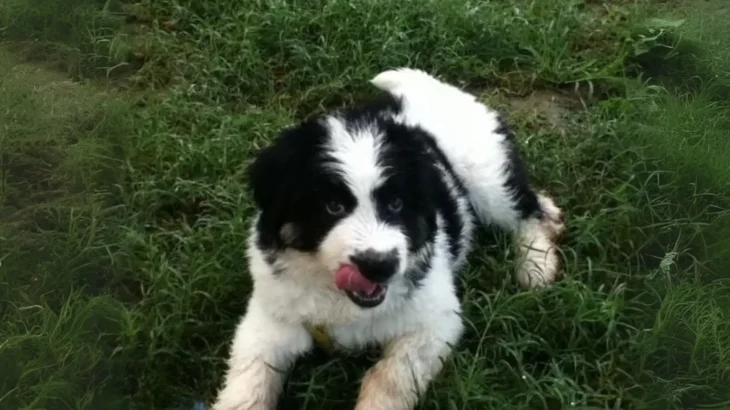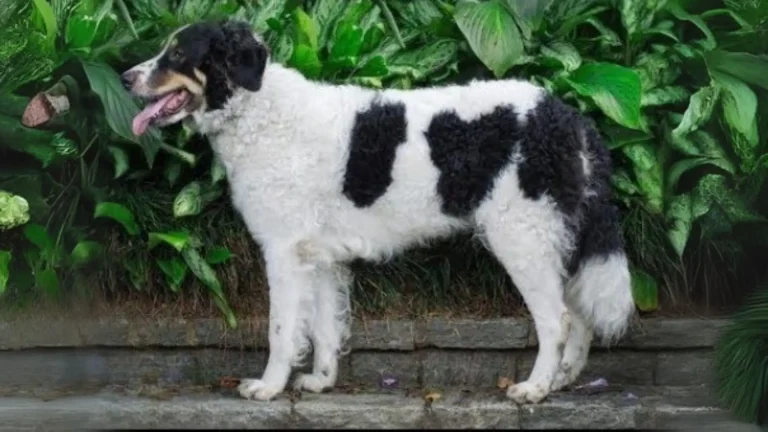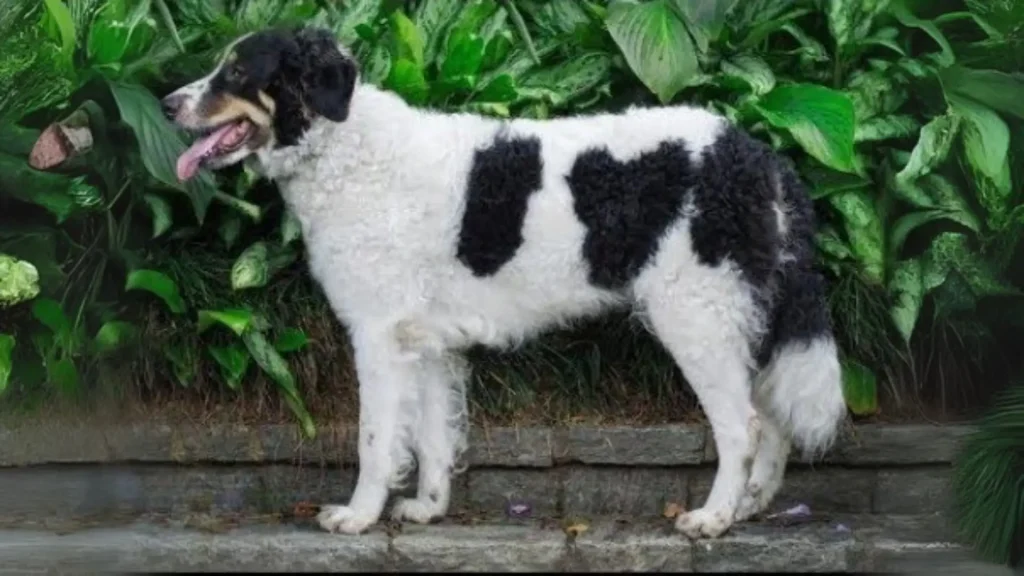When deciding whether to bring home a Mucuchies puppy, you can either adopt or purchase from a breeder. Adoption often supports ethical care and saves lives, while buying from a responsible breeder typically offers clearer insights into the puppy's health and lineage.
Adoption vs. Breeder: Pros & Cons
| Criteria | Buying from Breeder | Adopting from Shelter/Rescue |
|---|---|---|
| Cost | Generally higher initial cost reflecting purebred status and breeder's care. | Usually lower fees, often including vaccinations and basic care. |
| Health History | Detailed health records and genetic screening usually available. | Health history may be limited; basic checks commonly done. |
| Age Availability | Primarily young puppies for shaping early development. | Varies widely; may include older dogs needing a second chance. |
| Temperament Insight | Breeders often provide info about lineage temperament traits. | Shelter staff understand behavior but full background is limited. |
| Ethical Considerations | Supporting responsible breeders maintains breed standards but requires careful choice. | Adoption saves lives and reduces shelter overcrowding. |
| Breed Purity & Pedigree | Clear documents support purebred status and pedigree. | Breed status may be uncertain; focus is on providing homes. |

